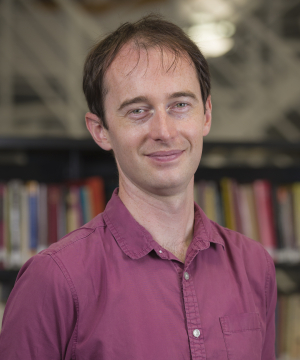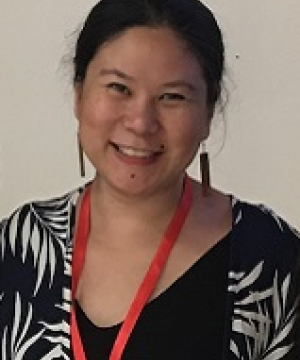Course details
At Homerton
Homerton has an active musical community. We take a medium-sized cohort of Music students each year (usually between two and four students). All lectures and seminars are arranged by the Faculty of Music, but with Homerton providing supervisions and excellent facilities and support for those reading the subject. Dr Daniel Trocmé-Latter, the Director of Studies in Music, is responsible for organising supervisions, which supplement the lectures and wider reading.
During supervisions, which typically have a supervisor-student ratio of either 1:1, 1:2 or 1:3, the set assignment will be discussed, and the supervisor will provide feedback on submitted work. In addition to the students we admit to study Music as an academic discipline, a large number of students engaged in other courses are actively involved in the college's musical life.
The Bridget Robinson Studentship is available to a Homerton student who has achieved academic or performance excellence in the fields of Maths or Music. In addition, various extra-curricular scholarships and prizes are offered to students reading any subject (including Music).
Studying Music at Cambridge offers you the opportunity to explore the rich diversity of the subject at one of the leading institutions in the world. The Cambridge undergraduate course introduces you not only to a range of music, but to a wide variety of ways of thinking about and understanding music.
In the first year, the focus is on giving you a solid academic grounding in the techniques and history of the western musical tradition, particularly focusing on history and analysis, as well as an understanding of the many roles music plays in today’s world. There is also the option of specialising in performance, composition, an extended essay, or a history project that focuses on the use of primary sources. The second and third years offer increasing opportunities for specialism, including more substantial self-directed projects such as dissertations and portfolios.
Assessment takes place through written examinations at the end of each year, performances, and portfolio submissions of compositions, essays and dissertations. The Faculty of Music provides lectures, seminars, and classes in all papers.
We are looking for students who have the academic ability and potential to succeed on the course, as well as the necessary interest in and motivation for the subject. You should normally be studying Music A-Level or equivalent. Sometimes, ABRSM Grade 8 Theory (at Merit or higher) can be considered in lieu of or in addition to A-Level Music.
In order to explore Music in more detail we would recommend the resources for prospective applicants and offer holders listed here. You can also find the offer holder reading list available here.
You can also explore your chosen subject through the Homerton Resources page.
Admission Assessment: Those who are called for interview will be asked to take a short test in some musical skills.
Written Work: Applicants are required to submit representative written work and musical material prior to interview. This will normally include one or two essays on the history or analysis of music; and one or two technical exercises (if studied) and/or your own compositions.
Those graduating with a Music degree from Homerton go into a variety of fields. Some continue with further study (either academic or performance/composition-related), some go into music-related fields like arts management, or teacher training, while others use the wide range of skills developed on the Music course to go into unrelated fields, such as law.

